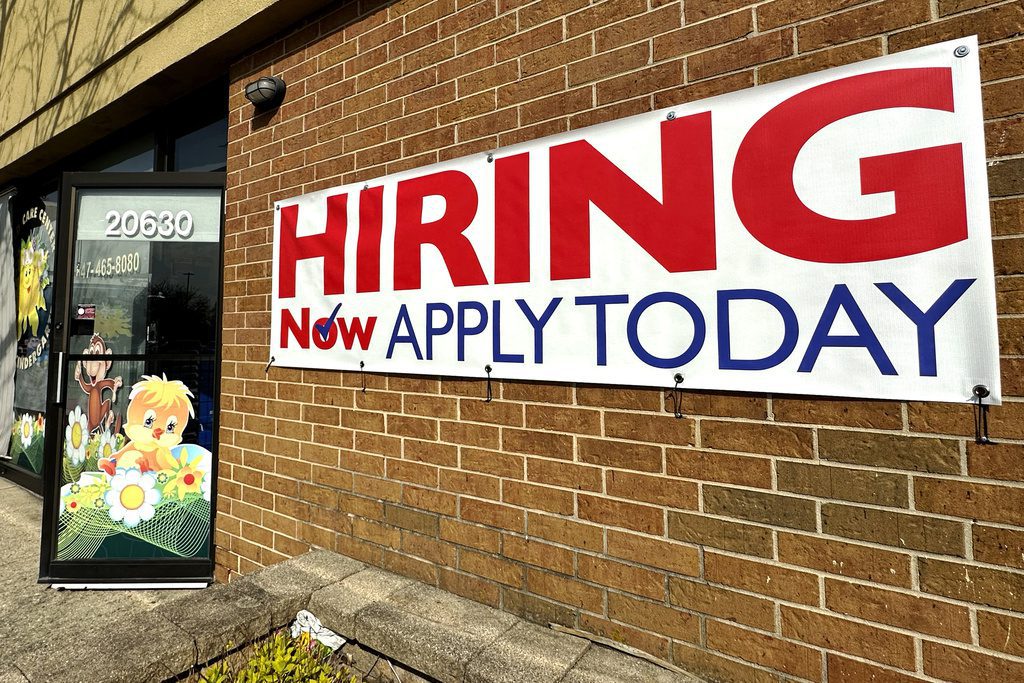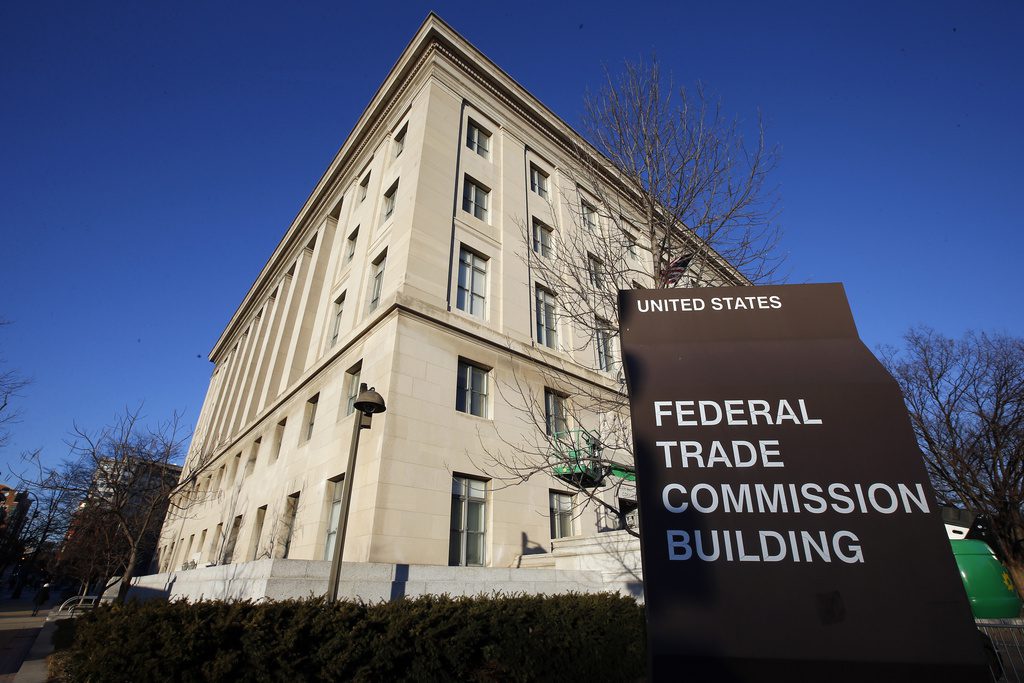
The east entrance to the Wisconsin state Capitol on February 8, 2022. (Photo by Pat Kreitlow)
Gov. Evers proposes checks and education, Republicans want to wait until 2023, but a research group suggests local governments should benefit.
It may seem like ancient history now, but in the weeks prior to the coronavirus pandemic coming to Wisconsin in spring 2020, state legislators and Gov. Tony Evers were arguing over how to spend a budget surplus. At the time, as Republicans were calling for tax cuts and Democrats were calling for increased education spending, many of the state’s city, county, and town leaders felt overlooked—even in plain sight.
The most glaring example of their status could be seen in an UpNorthNews headline from February 2020, when local officials gathered in Madison for a meeting of the Wisconsin Counties Association:
“Legislators Debate Options for Surplus — Right in Front of Cash-Strapped County Leaders”
Now, with the economy turning around and states making use of federal pandemic relief, a new report suggests paying more attention to those local government challenges, even as Evers and legislative Republicans return to pre-pandemic talking points.
The independent Wisconsin Policy Forum think tank released a report on how a projected June 2023 surplus of $3.8 billion—nearly $3 billion more than previous expectations—could help local governments whose budgets have been shredded by a decade of cuts and levy limits from the Republican-led Legislature.
“After more than a decade of struggling with a combination of tight levy limits and stagnant state aids, it is certainly questionable whether many local governments will be able to stave off service cuts without some relief from the state once federal relief funds are exhausted and should nothing else change,” the report said. “The future is even more alarming given statewide worker shortages and rising inflation.”
Wisconsin had been a pioneer in the system of taxing income—a more progressive system than taxing property—and sharing that pot of money to help local governments fund vital services. But the pot of money dedicated to this “shared revenue” fell nearly 50% from 1996 to 2020, according to the progressive Wisconsin Budget Project research group.
“If the amount of state support for local communities grew at the same rate as the rest of the state budget,” said the group in 2019, “the state would be investing $2.1 billion in counties and municipalities in 2020 in the form of Shared Revenue, instead of the $830 million it is actually spending.”
The Wisconsin Policy Forum report said the Legislature has several options to target surplus dollars to local governments. Along with simply increasing shared revenue or modifying levy limits, lawmakers could consider “narrower approaches aimed at shoring up specific services, like increasing reimbursement for EMS ambulance transports or non-transport responses.”
State Sen. Chris Larson (D-Milwaukee) took a more populist approach to the matter with a recent Twitter post survey. “Your input needed,” he said. “Instead of hoarding the $2.9 billion surplus until 2023, Wisconsin should…”
Responses ran the gamut of local government, family, small business, and infrastructure needs:
- Fully fund our public schools. Specifically fund special education in our public schools.
- Build 100 skateparks.
- Fix shared revenue and stop starving cities.
- Help parents with childcare so more people can get back to jobs.
- Pay bonuses/pay off student loans to healthcare professionals, law enforcement, fire/EMS, educators, hospitality workers and small business owners etc.
But local government leaders, parents, and skateboard park advocates may have to wait to see if legislative Republicans change their mind and embrace Evers’ proposal of tax rebate checks and increased education spending, or if nothing happens at all until the next budget cycle begins in 2023.
Politics

Biden administration bans noncompete clauses for workers
The Federal Trade Commission (FTC) voted on Tuesday to ban noncompete agreements—those pesky clauses that employers often force their workers to...

Opinion: Trump, GOP fail January 6 truth test
In this op-ed, Milwaukee resident Terry Hansen reflects on the events that took place on January 6, the response from Trump and other GOP members,...
Local News

Readers Poll: Top Bowling Alleys in Wisconsin
Looking for the best bowling in Wisconsin? Look no further! Our readers have spoken in our recent poll, and we have the inside scoop on the top...

8 Wisconsin restaurants Top Chef judges are raving about
Top Chef’s 21st season is all about Wisconsin, and on-screen, it’s already apparent that the judges feel right at home here. But, while filming in...




